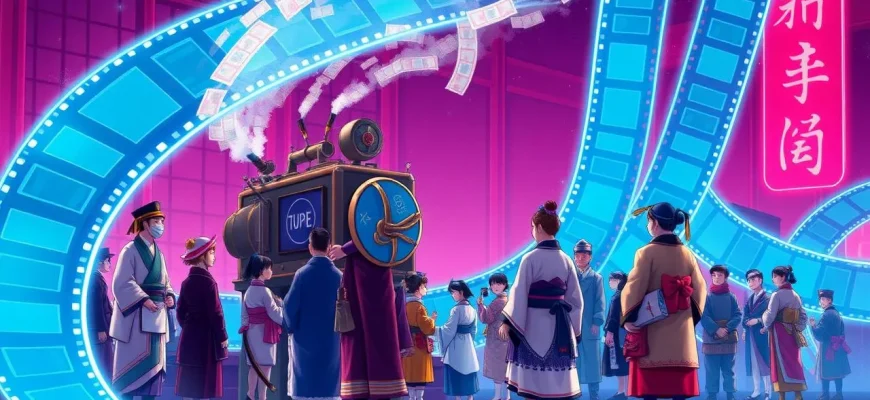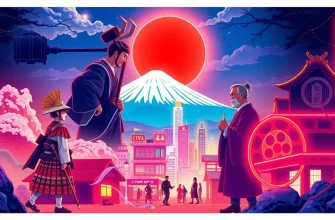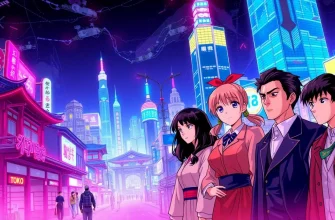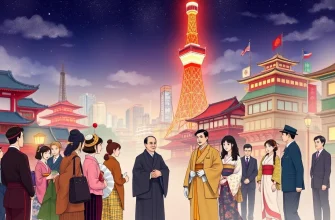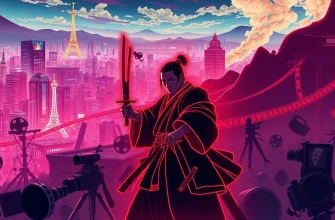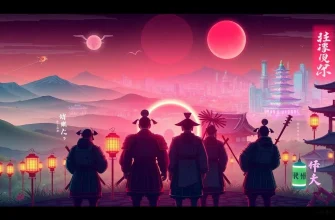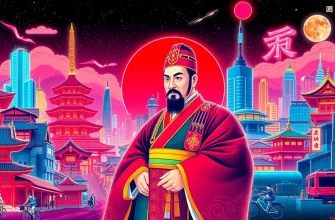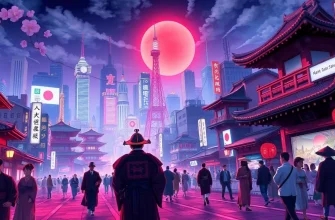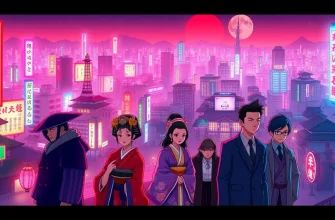Embark on a cinematic journey through Japan's tumultuous yet fascinating era of modernisation. This handpicked selection of films not only showcases the historical events that shaped Japan but also delves into the cultural shifts, political upheavals, and personal stories that define this period. Whether you're a history buff or simply love a good story, these films provide a rich tapestry of Japan's past, offering insights into its journey from feudalism to a modern industrial nation.
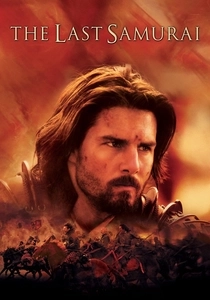
The Last Samurai (2003)
Description: This epic drama captures the clash between tradition and modernisation as American officer Nathan Algren finds himself caught between the samurai's way of life and the encroaching Western influence in late 19th century Japan.
Fact: Tom Cruise underwent extensive training in samurai sword fighting for his role. The film was shot on location in Japan, providing authentic settings.
 Watch Now
Watch Now

The Hidden Blade (2004)
Description: Set during the Meiji Restoration, this film explores the life of a low-ranking samurai who must navigate the changing world, reflecting the broader societal shifts towards modernisation.
Fact: The film was directed by Yoji Yamada, known for his Tora-san series, showcasing his versatility in handling different genres.
 30 Days Free
30 Days Free

When the Last Sword Is Drawn (2003)
Description: This poignant film follows the life of a Shinsengumi member during the Bakumatsu period, highlighting the personal struggles amidst the political turmoil leading to Japan's modernisation.
Fact: The film features a notable performance by Koichi Sato, who won several awards for his role.
 30 Days Free
30 Days Free

The Twilight Samurai (2002)
Description: A touching tale of a low-ranking samurai in the late Edo period, whose life reflects the quiet yet profound changes in Japanese society as it transitions to the Meiji era.
Fact: This film was Japan's submission for the Academy Award for Best Foreign Language Film in
 30 Days Free
30 Days Free

The Emperor in August (2015)
Description: This film focuses on the critical days leading up to Japan's surrender in WWII, capturing the internal debates and the emperor's decision, pivotal in Japan's modernisation process.
Fact: It was released to commemorate the 70th anniversary of the end of WWII.
 30 Days Free
30 Days Free

Hara-Kiri: Death of a Samurai (2011)
Description: Set during the Edo period, this film explores the decline of the samurai class and the rise of a new era, reflecting on the personal and societal impacts of modernisation.
Fact: It's a remake of the 1962 film "Harakiri," directed by the same director, Masaki Kobayashi.
 30 Days Free
30 Days Free

The Sun (2005)
Description: Although not entirely focused on Japan's modernisation, this film portrays Emperor Hirohito's life post-WWII, offering a unique perspective on the aftermath of Japan's transformation.
Fact: Directed by Alexander Sokurov, the film was shot in Russia with Japanese actors.
 30 Days Free
30 Days Free

The Sword of Doom (1966)
Description: This dark samurai film set during the Meiji Restoration examines the moral decay and the clash of old and new values, providing a backdrop to Japan's modernisation.
Fact: It was based on the novel "Daibosatsu Toge," which was never completed by its author.
 30 Days Free
30 Days Free

The 47 Ronin (1941)
Description: This classic film tells the famous tale of the 47 Ronin, set against the backdrop of the early 18th century, a time when Japan was on the cusp of significant change.
Fact: It was one of the first Japanese films to be shown in the United States after WWII.
 30 Days Free
30 Days Free

The Sea and Poison (1986)
Description: While primarily focusing on the ethical dilemmas of WWII, this film also reflects on the broader theme of Japan's struggle with its identity and modernisation.
Fact: The film was based on a novel by Shusaku Endo, dealing with the moral complexities of wartime Japan.
 30 Days Free
30 Days Free

